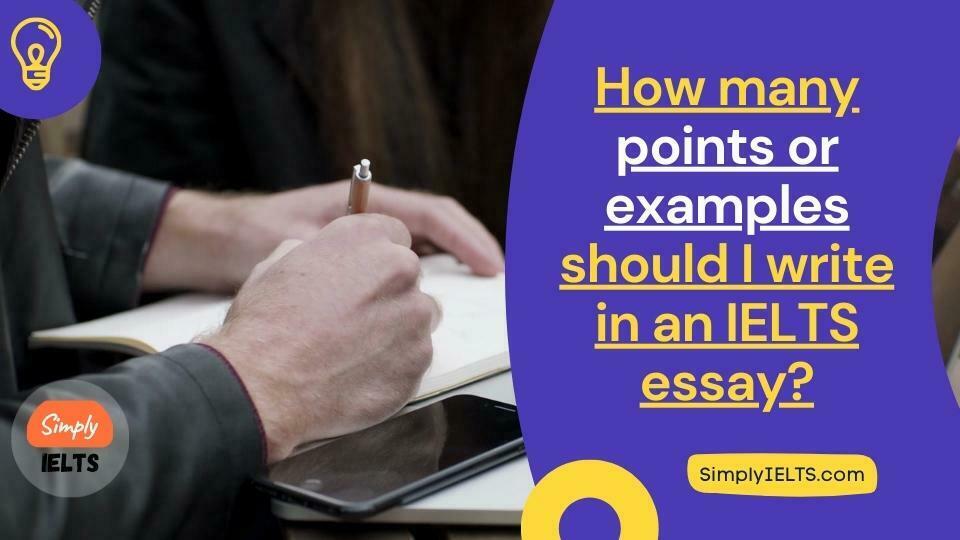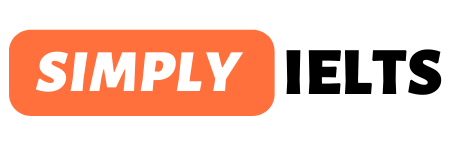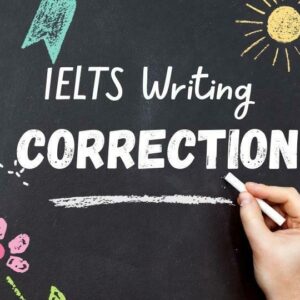How many points or examples should I write in an IELTS essay?
How many points or examples should I write in an IELTS essay?

I have seen several new students read Writing Task 2 and get excited for all the points they could write. However, when they actually put pen to paper, they end up asking “how many points or examples should I write in this essay?” Even though the questions asked for the IELTS essay task might be straightforward, fitting your entire argument in 250 words can be a task.
This makes distributing points and examples across the two demands of the question especially important.
You should write about four points and two examples in the IELTS essay. As a result, you can target writing about 270 words overall. You can spare two points per boundary (explained later in the lesson), and support one of those arguments with an example for each boundary.
However, the question is ‘what is a boundary?’ Let us look into it.
Consider the following sample IELTS essay task.
You should spend about 40 minutes on this task.
Some people prefer to read fictional books such as novels, while others believe it to be a waste of time.
What are the advantages and disadvantages of reading fictional books?
Give reasons for your answers and include any relevant examples from your knowledge or experience?
Write at least 250 words.
Analysis of the IELTS Essay task
As discussed earlier, it is essential to identify the Focus and Boundaries of the question before you consider what points you would like to write.
Focus is the main gist of the essay, and it is discussed throughout the essay. In any case, the author never deviates from it. In the given an example, the Focus of the question is on reading fictional books. Now, boundaries are the restrictions placed on the Focus.
Here, although you may discuss what kind of books you like to read, you are restricted by the instruction below the topic statement.
It bounds you to list down the advantages and disadvantages of reading fictional books. And so, those are the two boundaries. Overall, there is no place for your opinion on this subject.
Distribution of Words and Points:
Overall, you must write about 270 words on IELTS essay.
As discussed earlier, the ideal word count for an IELTS Essay is 270 words. Let’s say you write about 45 words in your introduction and the same number of words in the end paragraph as well. That leaves you with 180 words for your body paragraphs.
You must write about 90 words in each body paragraph on IELTS essay.
Further, since your opinion is not asked, you must offer an equal number of points from both sides or boundaries: advantages and disadvantages.
These both sides or boundaries are nothing but the subtopics of the essay. To draft a convincing essay, you must write these two subtopics or sides in two paragraphs.
Now, that means you should write 90 words in each body paragraph. Don’t panic – it might sound like too many words, but I can assure you that it’s not.
Still, how many words should I write on IELTS essay?
Instead, think about it in simple terms. Can you write about ten words in a sentence? Yes, of course, most of us can. Now, can you write about three sentences for one point? That means to write one point you may use about 30 words.
Alternatively, if you are a little proficient in writing, you can also write about two complex sentence structures with about 15 words each.
2 points and 1 example in an IELTS body paragraph
Now, if you write two points in a paragraph in this manner, you would reach about 60 words. However, our target is writing about 90 words. So, you can add an example of about 30 words. Writing one point in 30 words does not seem so hard now.
Does it? With two points and an example, you will easily reach 90 words for a body paragraph. Repeat this process with the other body paragraph. As a result, you can cover about 270 words in the IELTS essay.
Summary:
Ensure that you have two points and one example for each boundary of the topic. Write about 30 words for each point and example. Balance the points in a manner that is required by the question.





Responses